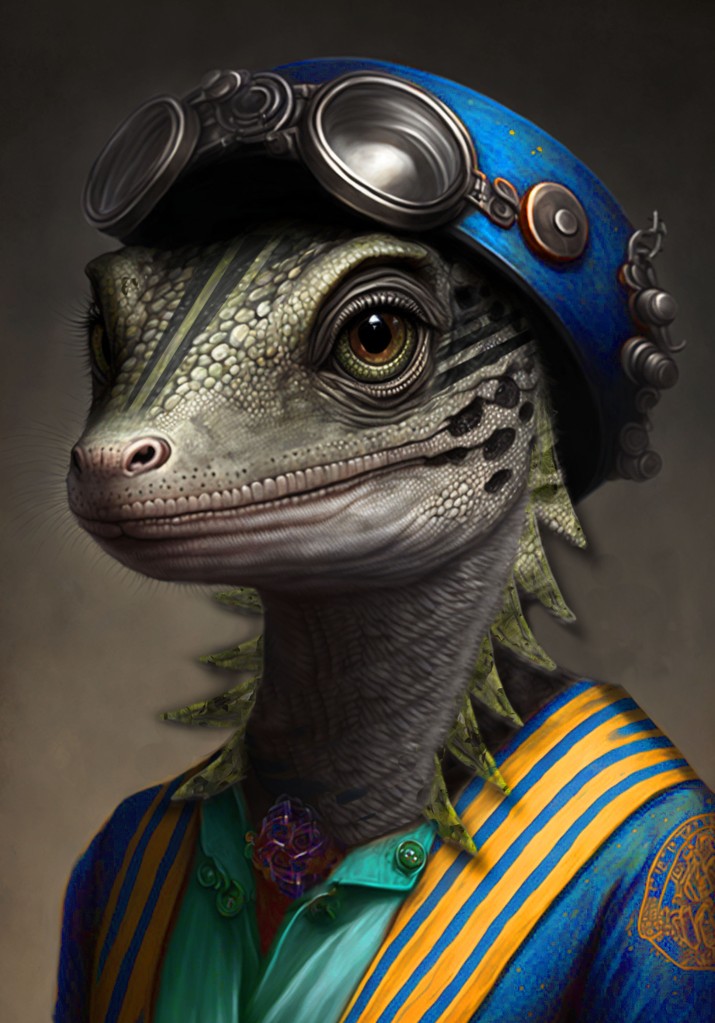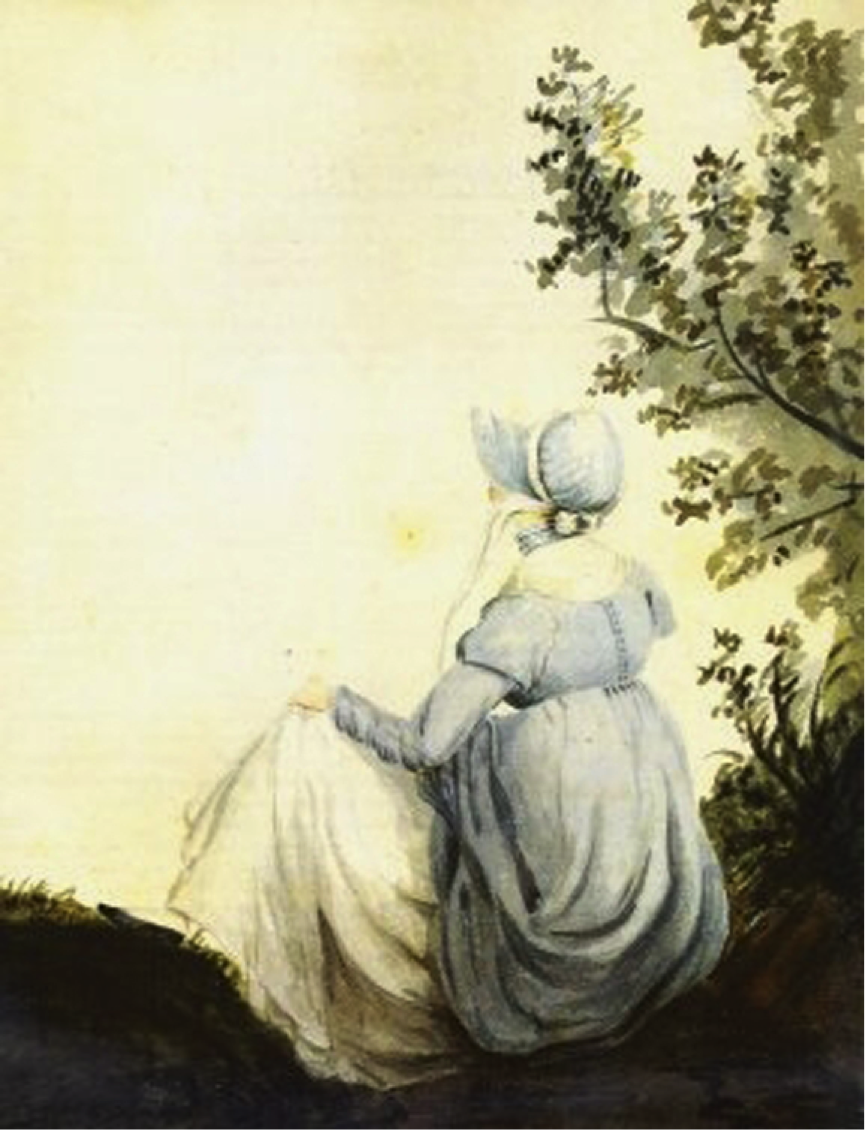Book Review by Brenda S. Cox
“You don’t want to diagnose and fix things? Are you still not feeling well?”—Charlotte Lucas to Elizabeth Bennet in Pride and Prejudice and Planets
Captain Fitzwilliam Darcy in outer space? And Elizabeth Bennet, a brilliant mechanic who fixes spaceships? Plus various types of beings from different planets, allied in an interplanetary war?
Yes, I’m in. We’ve had Jane Austen in so many genres: thousands of romances, lots of mysteries, fantasies with dragons, horror with zombies, retold fairy tales, historical fiction, memoirs/biographies (nonfiction and fictional), and plenty of plays and films. (No Westerns or action/adventure that I’ve come across, but I don’t particularly enjoy those, anyway.) It’s time for some science fiction, one of my favorite genres!

The World
Pride & Prejudice and Planets: An Alternate Reality Pride and Prejudice Science Fiction Variation, by Renata McMann and Summer Hanford, provides an entertaining ride. Sixteen different species inhabit the universe, including humans, Ukers (pronounced like euchre), Allenhamites, Northangers, Kentians, Kellynchers, and more (almost all Austen-themed names). They work together to fight “The Enemy,” who have their own interesting agenda. The authors have done a good job of world-building, creating a nuanced “alternate reality.”
The Characters
The Bennets live in Longbourn Crater near Meryton, inside Hertford Bubble on Takatara. Ambassador Bingley has been sent to Takatara to mend some diplomatic fences. His sisters Caroline and Louisa accompany him, along with Louisa’s husband. Louisa and her husband are accomplished pilots and assets to Bingley’s mission. Caroline is, well, Caroline: obnoxious as always. They pick up Captain Darcy along the way.

Modern readers will enjoy the very competent, independent women in the story. Jane and Elizabeth run their own businesses. Jane is also a highly successful author of cookbooks promoting intercultural understanding. Mr. Bennet, appropriately, is a university professor. Darcy is an arrogant captain in the British Intergalactic Force. He makes snap judgments about the Bennets. Wickham, as always, has his own selfish agenda. Bingley is perfect as an ambassador who finds ways to please everyone.
Lady Catherine de Bourgh is also an ambassador, to the planet Kent. Anne is her adopted daughter, a lavender Kentian. That means she is a mixture of the two dominant races, purple and white, who hate each other. Lady Catherine is high-handed. But, she is working for the good of the Kentians, helping motivate them to trade with each other and get along. She has nicknamed the three people groups in her area Curlys, Moes, and Larrys.
Elizabeth, not brought up on Earth, does not get that reference to the Three Stooges. She has little experience with human men, and not much exposure to human culture. Her misunderstandings provide some fun moments. For example, she tries to figure out makeup, especially lipstick, as well as kissing. She wonders, “Possibly the bright red lip paint might remind other people that they could put their lips on yours, but if that was the purpose, shouldn’t men paint their lips red, too?”
Her wit is still sharp. Lady Catherine calls her, “Elizabeth Bennet, daughter to the notorious Thomas Bennet, educator, scientist, and, some would say, traitor to the Crown, if not the entire planet Earth.’”
Elizabeth responds, “There are a lot of sapient beings in this universe. . . . Therefore, it seems possible to find some who will say anything.” Ambassador de Bourgh laughs and agrees.
At Darcy’s first proposal, Elizabeth tells him in no uncertain terms, “. . . as far as I can tell, you’re some sort of emotionally stunted cyborg hybrid doing an only semi decent job of blending in with the Human race.” But, of course, her attitude changes before long.
The Plot
This is a fun re-imagining of Pride and Prejudice, with most of the plot points included. A summary at the end shows where variations happen. Sometimes marriage proposals change to job offers, especially when the characters involved are of different species. But there’s plenty of romance and misunderstandings. And perhaps even more pride and prejudice than in the original.
Themes
Pride and prejudice are, of course, major themes of Pride & Prejudice and Planets. This variation also expands on the idea of accepting those who are different than we are (here, different species, rather than different classes of society) and working well with them. Caroline Bingley fails spectacularly. Her brother, Charles Bingley, though, brings reconciliation between different species.

Images
If you like to see pictures, the Kindle version includes links you can click on to see renderings of the various characters done with AI. (Personally, I’d rather imagine them for myself, so I didn’t follow those links.) You can find a sample and a discussion here. The authors have kindly given me permission to include two of the images above.
In preparing this review, I re-read the whole book, and enjoyed it just as much the second time through. Pride & Prejudice and Planets is clean, well-written, and entertaining. If you enjoy both Jane Austen and science fiction (and I’m told that many Janeites do), I think you’ll love this variation set in space. (This book is currently available on Kindle Unlimited.)
Have you read other science fiction variations of Jane Austen? If so, I’d love to hear about them!
As in the original Pride and Prejudice, characters learn and grow through their disappointments and trials. Mr. Bennet says to Darcy,
“Your friend’s [Bingley’s] reluctance to marry one of my daughters caused both of them grief. Do you think the two of them should have married earlier?”
Darcy responds, “‘Perhaps. But enduring that grief might make them better appreciate what they have.’ Darcy couldn’t say he was happy about Elizabeth’s rejection of him, but it had made him reevaluate his tendency to judge people too quickly and too harshly. Before, he had even been proud of his snap judgments.”–Pride and Prejudice and Planets
We all suffer in various ways. Can you see good in your life that has come out of grief and rejection? Jane Austen shows those hard things bringing good in people’s lives.
Coming soon: Posts about my recent wonderful trip to England, including Austen-related churches and science and medicine of Austen’s day


Thank you for a wonderful review, Brenda! We’re so happy you enjoyed Pride & Prejudice and Planets!
LikeLike
My pleasure, Summer! And just for readers’ info, I found this book on my own (NOT a review copy) and reviewed it just because I enjoyed it so much, not at anyone’s request! 🙂
LikeLike